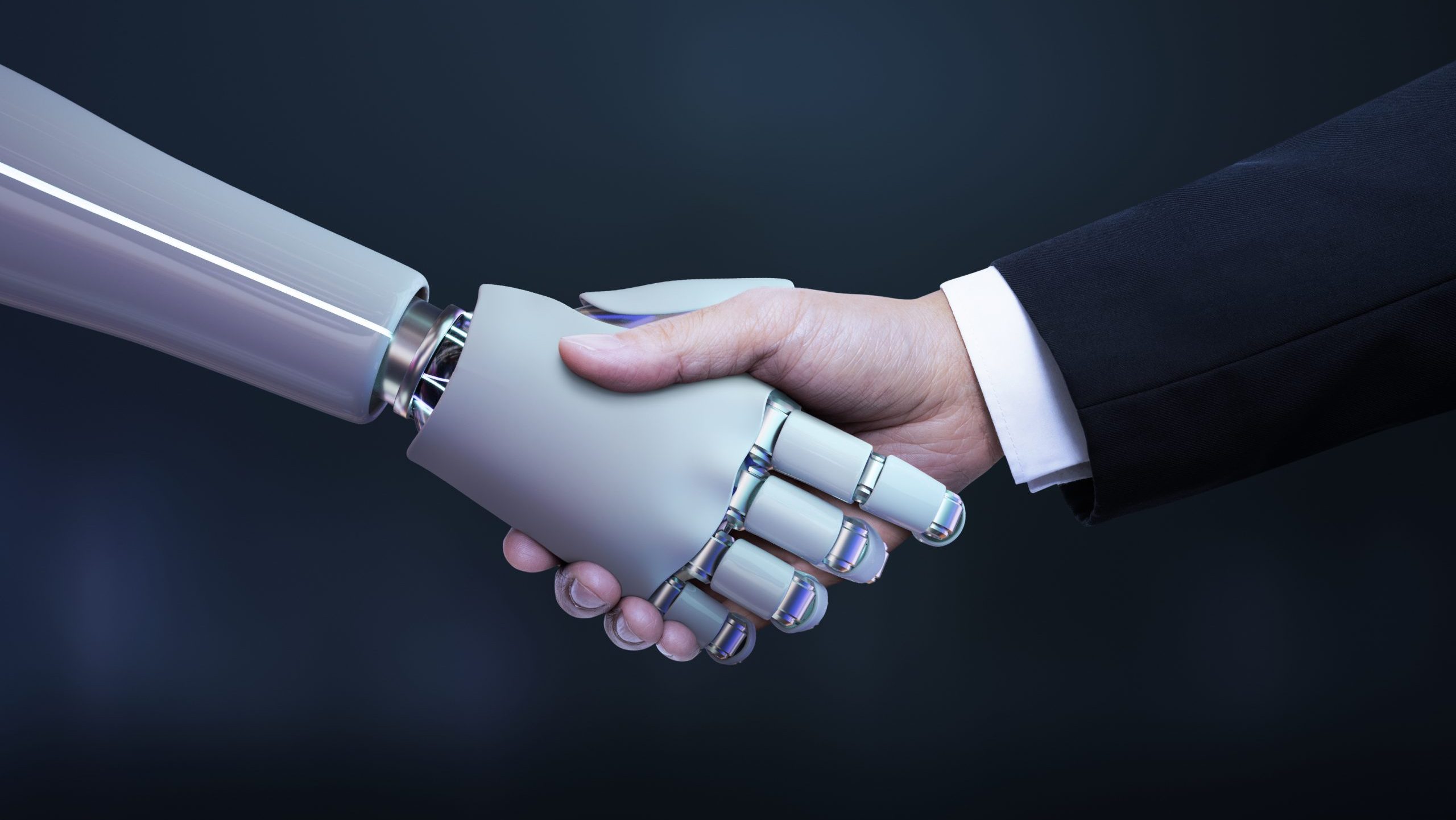SINGAPORE: A recent survey conducted by the labour movement has revealed that approximately 80% of companies in Singapore believe that generative artificial intelligence (AI) will become a crucial skill in the workplace.
Despite this widespread recognition, more than half of the surveyed companies indicated that a significant skills gap is a major challenge in adopting generative AI technology.
The survey, which collected responses from over 200 entrepreneurs across various industries, also showed that nearly 90% of these companies already use generative AI for tasks such as research and presentations in their daily operations.
However, a substantial number of employees reportedly lack the skills necessary to further analyze the generated content and apply it to solve specific problems, highlighting the need for specialized training and upskilling.
Interestingly, more than 80% of the surveyed companies expressed concerns about the risks associated with not adopting generative AI, suggesting they could face competitive disadvantages if they do not embrace the technology.
This signals the growing recognition of generative AI’s potential impact on business competitiveness and innovation.
The survey also revealed that generative AI is expected to create new job opportunities, with 62% of companies actively seeking employees with relevant skills.
This finding aligns with the broader narrative that generative AI while automating some tasks, has the potential to open doors for new roles and skill sets.
Despite the skills gap challenge, the majority of businesses remain optimistic about addressing it.
Nearly 90% of companies expressed interest in allowing their employees to receive AI-related training, indicating a strong commitment to building a workforce capable of harnessing the power of generative AI.
The survey’s findings suggest that while Singaporean companies are increasingly aware of the importance of generative AI in the workplace, they face hurdles in terms of employee skills and training.
The results highlight the need for robust training programs and workforce development strategies to ensure that companies can fully leverage the benefits of generative AI without being held back by a lack of skilled personnel.

